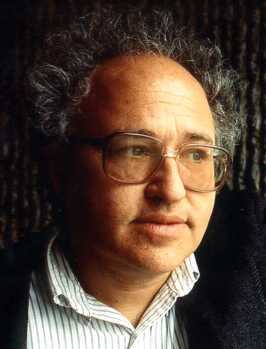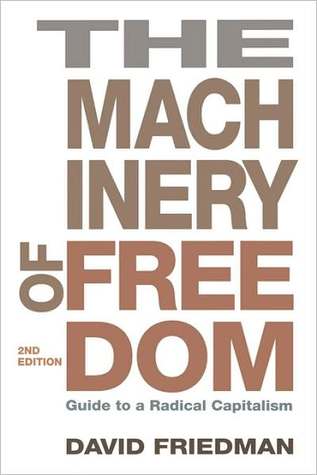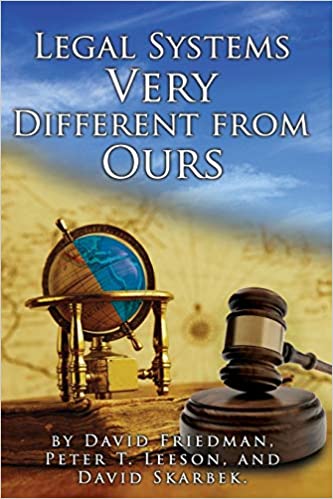David D. Friedman

from amazon.com:
I am an academic economist currently employed as a law professor, although I have never taken a course for credit in either field. My specialty, insofar as I have one, is the economic analysis of law, the subject of my book _Law's Order_.
In recent years I have created and taught two new law school seminars at Santa Clara University. One was on legal issues of the 21st century, discussing revolutions that might occur as a result of technological change over the next few decades. Interested readers can find its contents in the manuscript of _Future Imperfect_, linked to my web page. Topics included encryption, genetic engineering, surveillance, and many others. The other seminar, which I am currently teaching, is on legal systems very different from ours. Its topics included the legal systems of modern gypsies, Imperial China, Ancient Athens, the Cheyenne Indians, ... . My web page has a link to the seminar web page.
I have been involved in recreational medievalism, via the Society for Creative Anachronism, for over thirty years. My interests there include cooking from medieval cookbooks, making medieval jewelery, telling medieval stories around a campfire creating a believable medieval islamic persona and fighting with sword and shield.
My involvement with libertarianism goes back even further. Among other things I have written on the possibility of replacing government with private institutions to enforce rights and settle disputes, a project sometimes labelled "anarcho-capitalism" and explored in my first book, _The Machinery of Freedom_, published in 1972 and still in print.
My most recent writing project is my first novel, _Harald_. Most of my interests feed into it in one way or another, but it is intended as a story, not a tract on political philosophy, law or economics. It is not exactly a fantasy, since there is no magic, nor quite a historical novel, since the history and geography are invented. The technology and social institutions are based on medieval and classical examples, with one notable exception.


